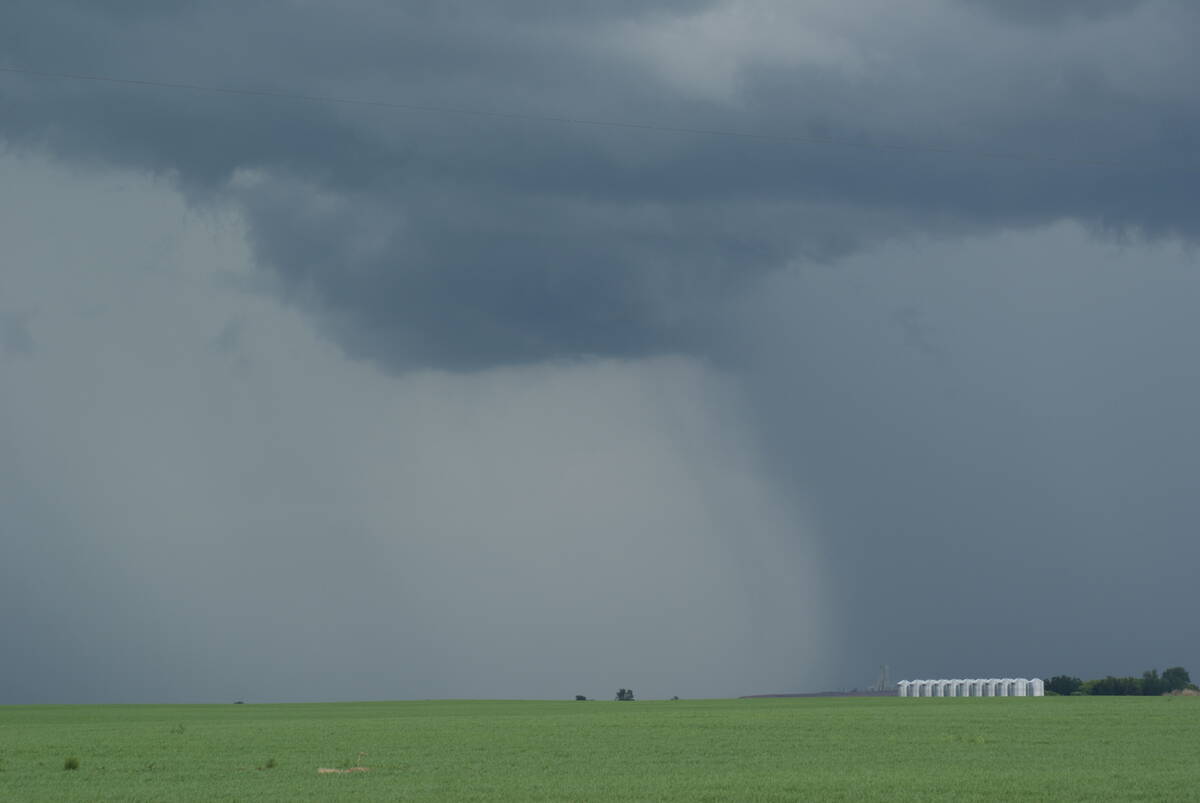The major grocery stores are gouging consumers. The big banks are making exorbitant profits. Competition is declining as big grain companies consolidate. There’s no doubt some truth in each of these statements, but there’s also some fiction.
Let’s start with the major grocery stores. If they are overcharging consumers, why not establish an alternative? Wait, don’t we have Co-op grocery stories? Why aren’t their prices substantially cheaper?
Co-op stores, through the umbrella of Federated Co-op, have made a big commitment to local products. For many small communities, no grocery store would exist at all if it wasn’t for Co-op.
Read Also

Canadian farmers need new tools to support on-farm innovation
Farmers need a risk management buffer that actually works and investment that drives advancements forward if Canada is to build resilience.
In the cities, Co-op stores are viable competitors to the big boys, but they may or may not be the lowest price on a particular item on any particular day. If you’re a Co-op member, the dividend payment is nice, but it doesn’t indicate price levels that generate massive profits.
Co-ops are also major farm input suppliers, and their prices are typically in the same range as competing suppliers, whether big outfits like Nutrien and Simplot or the multitude of independent crop input suppliers.
Moving onto financial institutions, the profit levels reported by the major banks always seem horrendous, but again, a counterbalance exists — in this case, credit unions. If there’s so much money to be made, why aren’t member-owned credit unions capturing more of the banking business?
My personal experience with big banks is that they’re often disorganized and prone to errors, yet they still dominate the financial sector.
It’s a powerful movement when people band together to form co-ops and credit unions, but member ownership is no guarantee of success. In most industries, the competition is greater and the profit potential is less than it appears from the outside. If big profit potential does exist, it tends to be short-lived.
For many decades, grain handling in Western Canada was dominated by producer owned and controlled entities — Saskatchewan Wheat Pool, United Grain Growers, Alberta Wheat Pool and Manitoba Pool Elevators. All are long gone.
When large inland terminals became the grain handling model, many farmer-owned terminals were built, particularly in Saskatchewan. One by one they’ve been sold off to the big players. Only a few remain.
Weyburn Inland Terminal was the flagship for farmer ownership and control, inspiring farmers in many other regions to follow suit. It was innovative and served farmer members well, but eventually shareholders accepted a buy-out, which provided them a very good return on their original investment.
The same scenario played out for most of the farmer-owned terminals. The big companies wanted more assets and more market share and were willing to pay for it.
One of the last farmer-owned facilities is North West Terminal at Unity, Sask. Long considered a leading grain buyer in the region, NWT has struggled with intense competition for grain and corresponding low margins in recent years. It ceased buying grain and searched for a way out of its financial malaise.
Pending shareholder approval, the grain assets of NWT will be sold to Bunge for less money than what NWT owes creditors. NWT will retain its ethanol facility.
Grain assets aren’t as attractive as they once were. The grain handling system has become overbuilt.
Contrary to popular belief, margins have narrowed in the grain handling business, and missteps can be costly. In the same way that member ownership of co-ops and credit unions does not guarantee success, neither does farmer ownership of ag enterprises such as grain terminals.
















